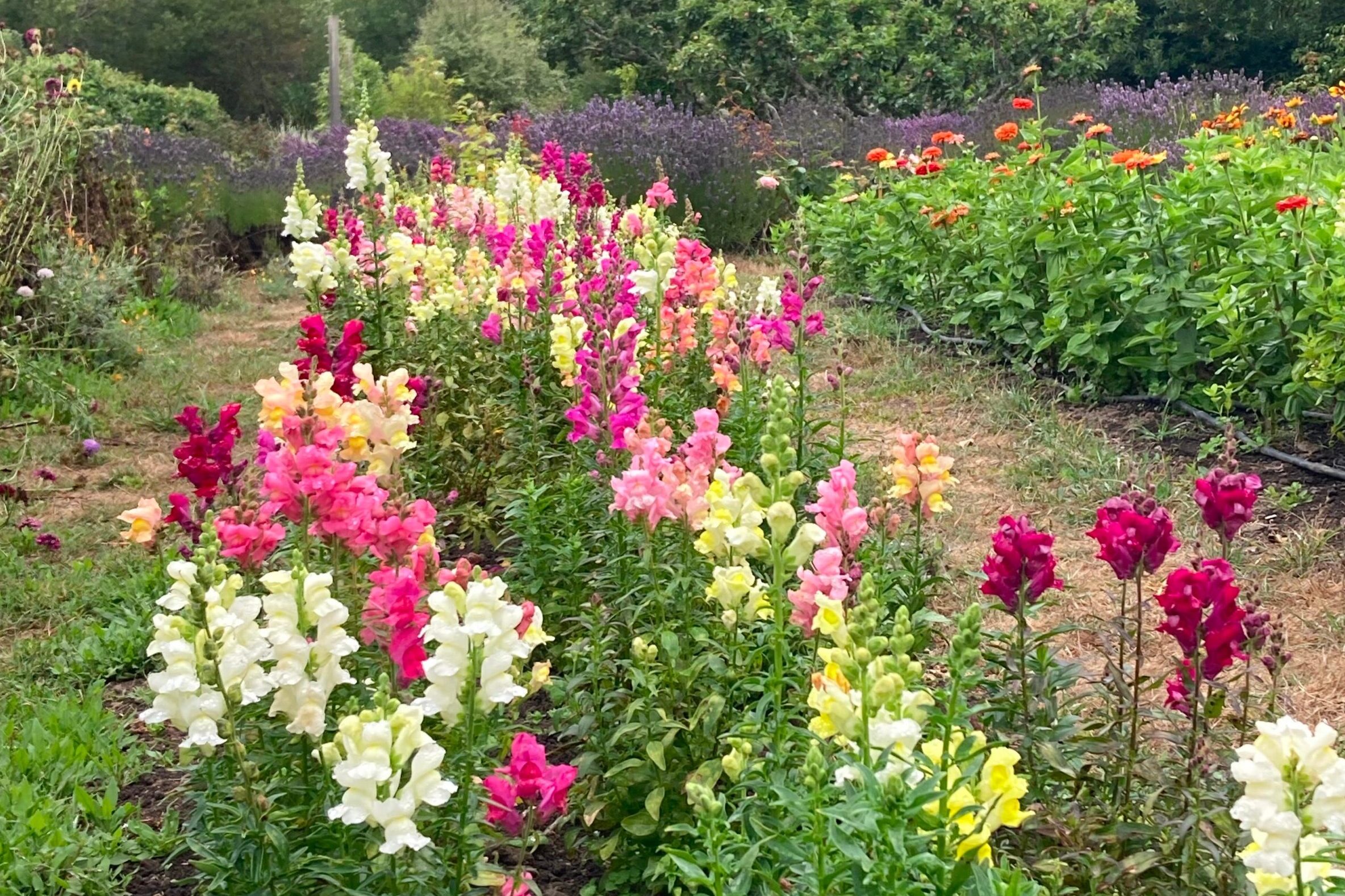“You are perfect just as you are, and you can use a little improvement.” – Shunryu Suzuki
· Insights Into Practices: Epigenetics and Dogen
· What I’m Watching: Lessons In Chemistry; One Day
· What I’m Reading: Lessons in Chemistry
· Half-Day Retreat
· Weekend Retreat
Epigenetics
There is a fairly recent remarkable study of rats, that provides a compelling answer to the question — Why meditate or why practice mindfulness?
In this study, rats were led to smell wintergreen and were then shocked, so that they were traumatized by the wintergreen smell.
A surprising finding was that their offspring were traumatized by the smell of wintergreen, without receiving a shock, and this was true of seven generations of rat pups; traumatized, even without receiving a negative stimulus.
It appears that trauma is passed on from mother to pups in rats, for seven generations. Though there is no proof, it seems likely that there is similar genetic pattern in humans. We each have in us genetic material from previous generations. It seems obvious: we don’t enter this life as a blank slate.
Of course, more difficult to measure, we each also contain the seeds and genes of love and compassion from our parents and from previous generations.
Why do we practice? To better understand and transform whatever we have arrived in this world with (including trauma). We meditate and practice to find our freedom, and to aspire to pass on less trauma to future generations. Not just with our children but with everyone we interact with.
Dogen
Zen teacher Dogen’s provocative question from the time he was young was: “If we are already fully awakened beings, why do we practice?”
This question motivated him to seek a teacher who could adequately engage with his questions.
One reason to meditate and to practice mindfulness is to engage with Dogen’s question. What did he mean: If we are already awakened, why do we practice?
One of Buddhism’s core teachings is that from one perspective, we are already awakened. There is no need for improvement. A paradoxical theory of change is that we grow by letting go of our usual beliefs that something in us is lacking.
One of Shunryu Suzuki’s often quoted messages is: “You are perfect just as you are, and you can use a little improvement.” The first part of this quote aligns with Dogen’s question, expressing that we are already free, already awake.
At the same time, Dogen must have observed and experienced a world filled with greed, hatred, and confusion. Though from one perspective we are awake, from another perspective we practice to work with our own and the world’s greed, hatred, and confusion.
Practices:
Explore practicing with Shunryu Suzuki’s statement: “You are perfect just as you are and you can use a little improvement.”
Try on the first portion of this statement; in what ways are you perfect?
What if there was nothing lacking in your mind, in your heart, in your life?
Explore how being “perfect just as you are” influences how you think about and how you experience improvement.
What I’m watching?
Lessons In Chemistry – A TV series about a brilliant chemist in the 1960s who faces sexism in her field. She unexpectedly becomes a TV cooking show host, using the platform to teach science and empower women. It also has themes of the tension and parallels of science and surprise.
One Day – A TV series that explores love, friendship, and the passage of time.
What I’m reading?
Lessons In Chemistry, by Bonnie Garmus – I’ve also begun reading the book. I’m enjoying exploring the series and the book, at the same time.
Half Day Sitting, In-Person and Online – Sunday October 13th
9:00 a.m. – 12:30 p.m. in Mill Valley.
I really like half day retreats, where there is time for some extended meditation periods, some walking, and time to process with a small community. Then, time to enjoy a Sunday afternoon.
Weekend Retreat In-person, Green Gulch Farm
November 1 – 3
Come spend the weekend at Green Gulch Farm, located on the coast, just north of San Francisco. Wake up hearing the sound of the ocean, enjoy the simple but amazing vegetarian food, and explore the garden, farm, and coastal trails.
In our world of busyness, of more, faster, better, this retreat offers time to stop, reflect, and renew – a time to step fully into the richness of your life. Together we’ll follow a gentle schedule of sitting and walking meditation, interspersed with talks and discussions from the wisdom of Zen teaching as we explore how these stories and dialogues may be utilized in our relationships, our work, and our lives
This retreat is open to all people interested in stopping, exploring, and bringing more awareness and mindfulness to daily life.
Warmest wishes,
Marc

